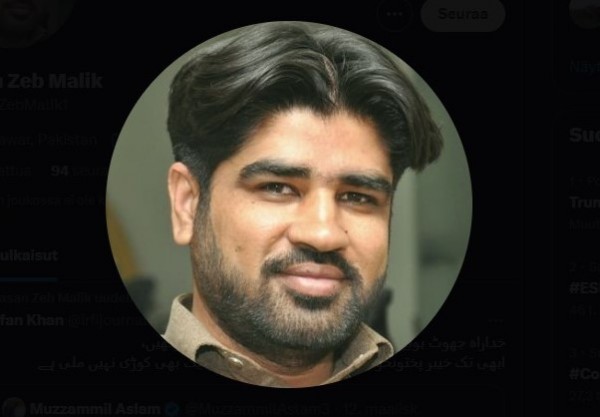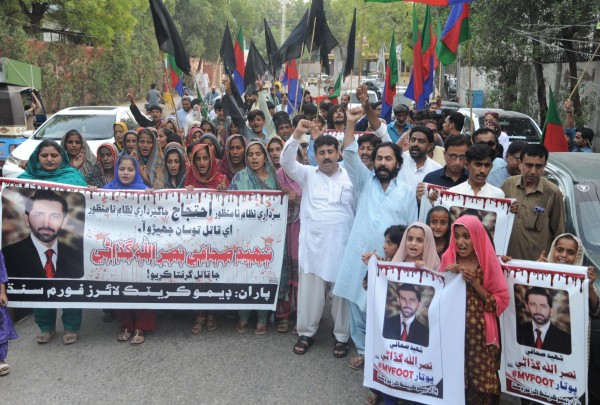The International Press Institute (IPI) strongly condemned the attack against a television station in Karachi, Pakistan on Monday and today’s deadly attack against a privately-owned television station in Drusha, Syria, which left at least three journalists dead.
“Journalists are civilians, and news outlets are independent observers. They should never be seen as legitimate targets in any political or armed conflict,” IPI Deputy Director Anthony Mills said. “We urge the local authorities and the international community to send a strong signal that such attacks will not be tolerated.”
On the evening of June 25, four armed men opened fire on the offices of Aaj News TV station in Karachi. Two of its employees were injured in the attack. According to Aaj News, in a telephone call to the station the terrorist group Tehrik-e-Taliban Pakistan (TTP) claimed responsibility for the attack, stating that “the Jihadi Movement event was not given full coverage and they will continue further attacks if proper coverages are not provided,” Aaj News reported on its website.
“We had informed the management of Aaj TV to include our view on issues, but the channel had become a mouthpiece of the government,” Ehsanullah Ehsan, spokesman for the Tehrik-e-Taliban Pakistan (TTP), reportedly told Reuters. “Geo TV is going to be our next target if they do not change their behaviour towards us. They have been using very bad language against the mujahideen.”
Aaj News is a privately owned, Urdu language television station that covers national and international news.
Pakistani President Asif Ali Zardari and Prime Minister Raja Pervaiz Ashraf have since condemned the attack on Aaj and called for an investigation into the incident. The Pakistani PM reportedly ordered that protection be provided to all TV channels.
The attack follows a May 21 ban by the Federal Home Department on coverage by media a list of 40 militant outlets including the TTP, Central Asia Online and other organisations reported. [2] The ban, allegedly aimed at preventing banned militant outfits from promoting and justifying their activities through the media, forbids interviews with members of the groups and coverage of political and religious statements as well as airing of videos and recordings that support their goals. The directive does not prohibit coverage of terrorist acts the groups commit or attribution of such attacks to groups who claim responsibility, reports say.
In a separate attack on the pro-Assad television station, Ikhbariya TV in Drusha, south of Damascus, Syria, three journalists and four security guards were killed, Sana news agency reported. Syria’s information minister Omran al-Zoebi, on a visit to the site, reportedly said that some of the victims had been abducted, bound, and killed in cold blood.
The information minister also criticised EU’s recent decision to extend its sanctions to include Syria’s state-owned Radio and Television Corporation for its role in “incit[ing] violence against the civilian population in Syria, serving as a propaganda instrument for the Assad regime and spreading disinformation,” as reported in the Official Journal of the European Union.
No group has yet taken responsibility for the attack on Ikhbariya TV. The station has since resumed broadcasts.


